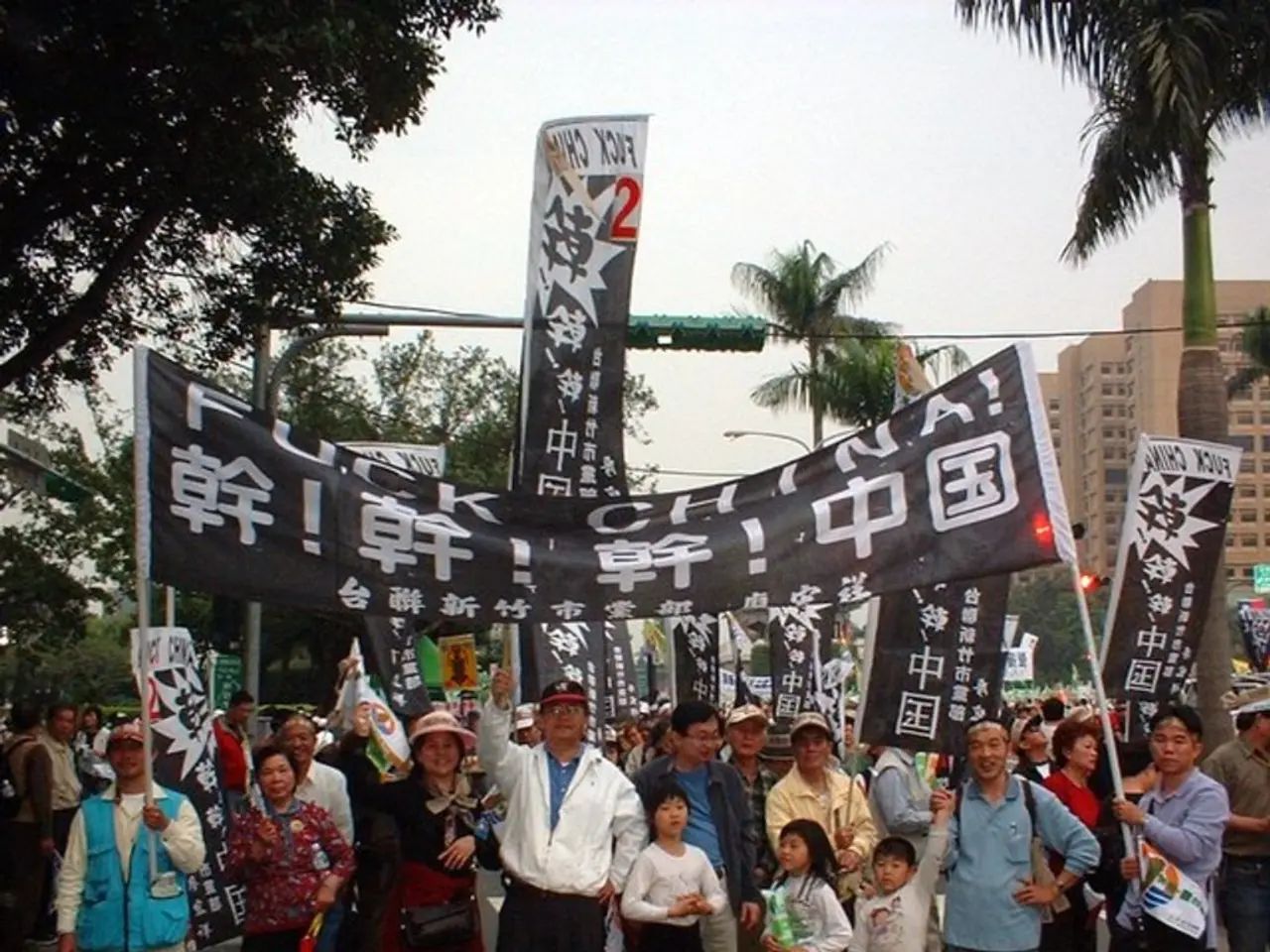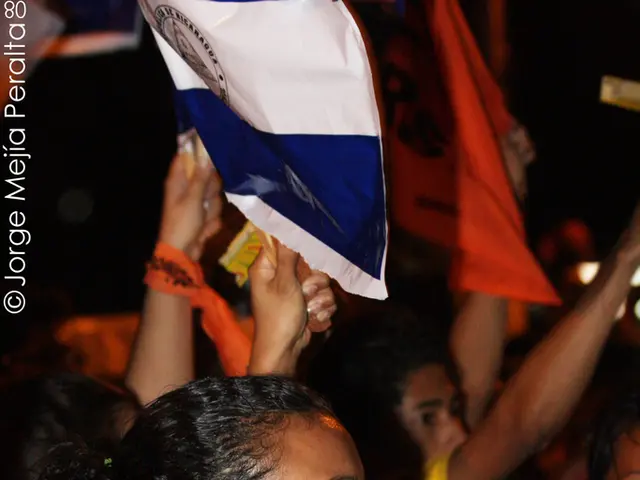Controversy Surrounds Eurovision Due to Israel-Gaza Dispute
The Eurovision Song Contest, scheduled for May 2026 in Vienna, is facing an 'existential' crisis as several countries have threatened to boycott the event if Israel is allowed to participate.
The European Broadcasting Union (EBU), the organization behind Eurovision, has been in extensive talks with its members about Israel's participation since June. These discussions were held at a meeting of national broadcasters in London.
The controversy stems from concerns about possible manipulation of the voting system in the 2025 event, where Israel came top of the viewer vote. The Dutch public broadcaster AVROTROS voiced these concerns, and Israel's public broadcaster KAN has stated that the country is preparing to participate next May and will comply with the rules of the competition.
Several nations, including Ireland, Slovenia, the Netherlands, and Iceland, have threatened to boycott the 2026 contest if Israel participates. Spain withdrew officially in September 2025, while Germany's umbrella organization of regional broadcasters, ARD, will support whatever decision the EBU makes.
The issue of Israel's participation in cultural events has been a contentious one in Europe. Europe is grappling with whether cultural bans on Israeli artists and athletes are legitimate sanctions. Some EU governments frame these bans as proportionate responses to the war in Gaza, while other European administrations, Israeli officials, and Jewish groups argue they risk crossing into antisemitism.
The EBU banned Russia from the competition in 2022 following the country's full-scale invasion of Ukraine. The director general of the U.K's public broadcaster stated that Eurovision has 'never been about politics.' However, the ongoing debate about Israel's participation suggests otherwise.
Eurovision Director Martin Green is consulting with EBU members on how to manage participation and geopolitical tensions around the Eurovision Song Contest. Some broadcasters have expressed support for the EBU's stance that the competition should remain apolitical, while others have called for Israel's ejection from the flagship music competition.
The next EBU general assembly will be held in Geneva on Dec. 4 and 5, where a vote on Israel's participation in the contest could occur. The decision will likely shape the future of the Eurovision Song Contest, with potential boycotts threatening to overshadow the event.
The controversy surrounding Israel's participation in Eurovision 2026 is a reminder of the complex geopolitical issues that underlie cultural events, even those as seemingly light-hearted as the Eurovision Song Contest. The EBU, national broadcasters, and participating countries will need to navigate these issues carefully to ensure the continued success and unity of the competition.
Read also:
- United States tariffs pose a threat to India, necessitating the recruitment of adept negotiators or strategists, similar to those who had influenced Trump's decisions.
- Weekly happenings in the German Federal Parliament (Bundestag)
- Southwest region's most popular posts, accompanied by an inquiry:
- Discussion between Putin and Trump in Alaska could potentially overshadow Ukraine's concerns







